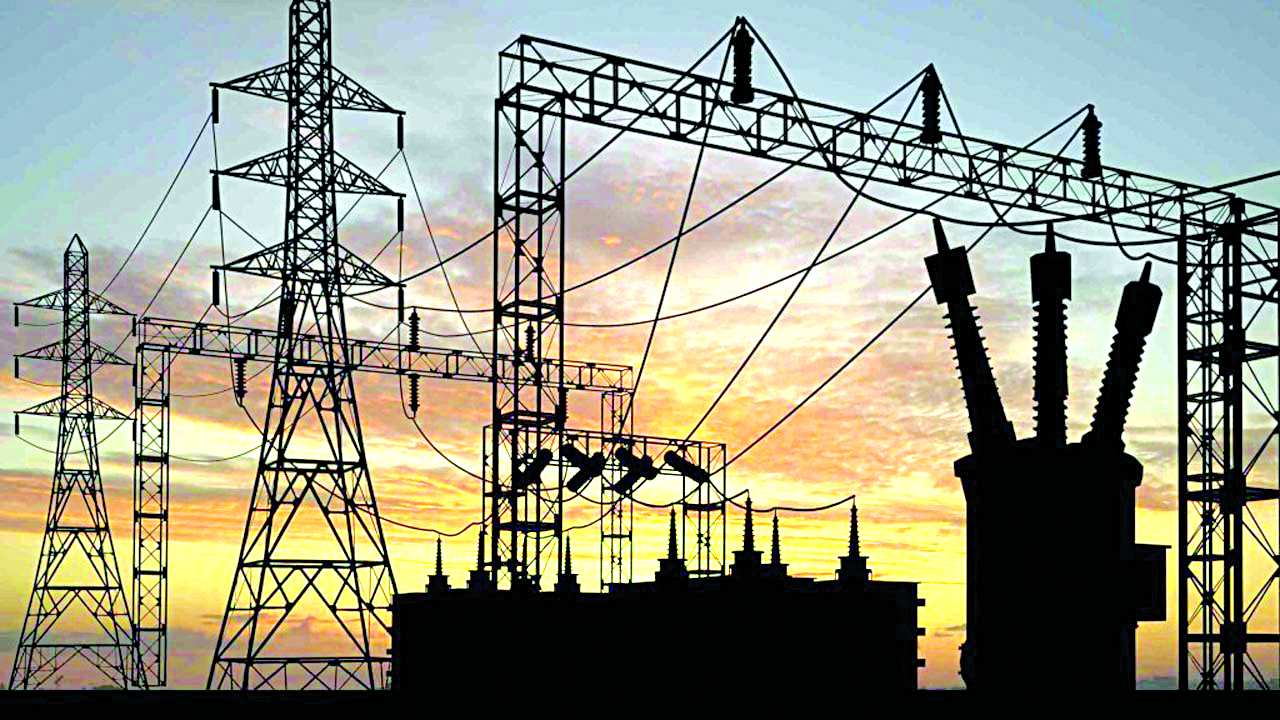
Managing Director/Chief Executive Officer, FGN Power Company, Kenny Anuwe has said the Federal Government is committed to increasing Nigeria’s current capacity of electricity generation from 5, 000 megawatts to 7,000 megawatts by 2024.
Anuwe said this is part of Presidential Power Initiative (PPI), a programme of the Federal Government that was set up to implement capacity development, capacity improvement within the electricity space.
He disclosed this at a fireside chat at the ninth edition of Nigeria Energy Exhibition and Conference 2022 in Lagos.
He explained saying: “So essentially it’s in three phases. Phase one is to ramp up our current capacity to 7,000 from the current 5000 megawatts that we have notionally in the grid. The second stage is to improve the capacity to 11,000 megawatts and the third phase is to ramp up to 25,000 megawatts from 11,000 megawatts.
“Right now, we are focused on phase one, we are completing it in 2024. By which time we would have received all of the equipment that are really struggling for lead time in production at the moment.”
Anuwe said come 2024, Nigerians should be able to enjoy an incremental energy of 2,000 megawatts first of all.
“For FGN Power company, we should be able to hear Nigerians hopefully saying we have a model that is sustainable, that is valuable, a model of project implementation that is transparent, a model that is able to deliver on the objectives from end to end so that we are not implementing this project across the value chain.
“It is important that when projects are implemented that we can see the value, we can see the impact straight away but also that impact needs to cut across the value chain without mixing words.
“I think that aspiration itself is really quite muted in the sense that we think that we would exceed 7, 000 megawatts but this is our first objective and target, and we are not taking our eyes off the ball, we want to hit that target and exceed it. But it is hope, a confirmation that this is absolutely doable. This is what we are setting out to achieve. We are not saying it’s going to be enough for Nigeria’s energy needs by no means but definitely this is making sure we are able to meet our obligations.”
Speaking on the structure of funding for the programme, he said the funding arrangement is such that Nigeria would pay for the offshore aspect 15 per cent as counterpart funds while the financiers would bring 85 per cent of the balance of the financing that is required.
However, he said that may not apply necessarily on the onshore side.
“We are looking at other arrangements that are sustainable and that will enable us to be able to deliver the project seamlessly whilst working with Siemens particularly on the offshore side.”
Speaking on what the roles the Gencos and Discos would be, he said nothing will change in terms of what the discos and the gencos do.
He said: “They will continue to hold to their position, they will continue to play their part in the value of delivering energy to consumers right across Nigeria. What would be different is that they will now have a partner in FGN Power Company that is enabled to actually implement a programme that supports their businesses in sustainable ways.”
Speaking on whether the government is trying to return the management of the electricity sector back to the government, he said no.
He said: “We as FGN Power Company do not even support the taking back of these companies into the ownership of government, what is happening as you will even notice from the current happenings in the sector is that there is a change in management to enable government identify the right people who can take over these assets and manage them well. This is necessary for Nigerians to be able to benefit from incremental power and to ensure that investments are happening as they should.”



